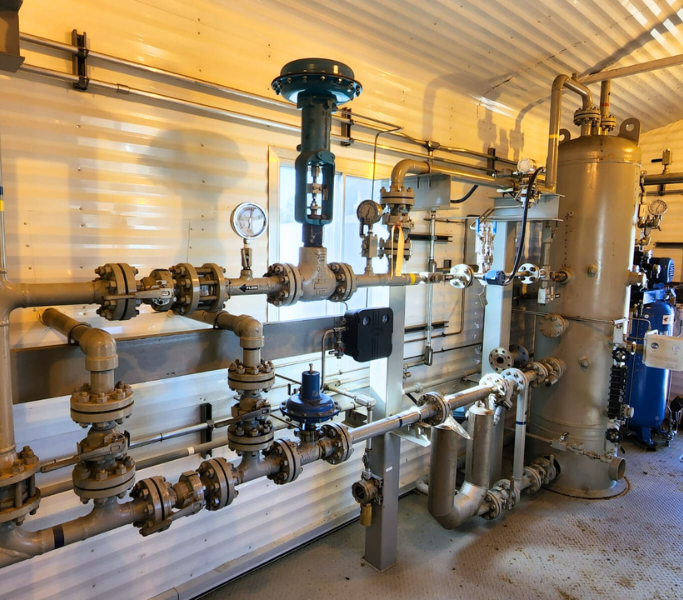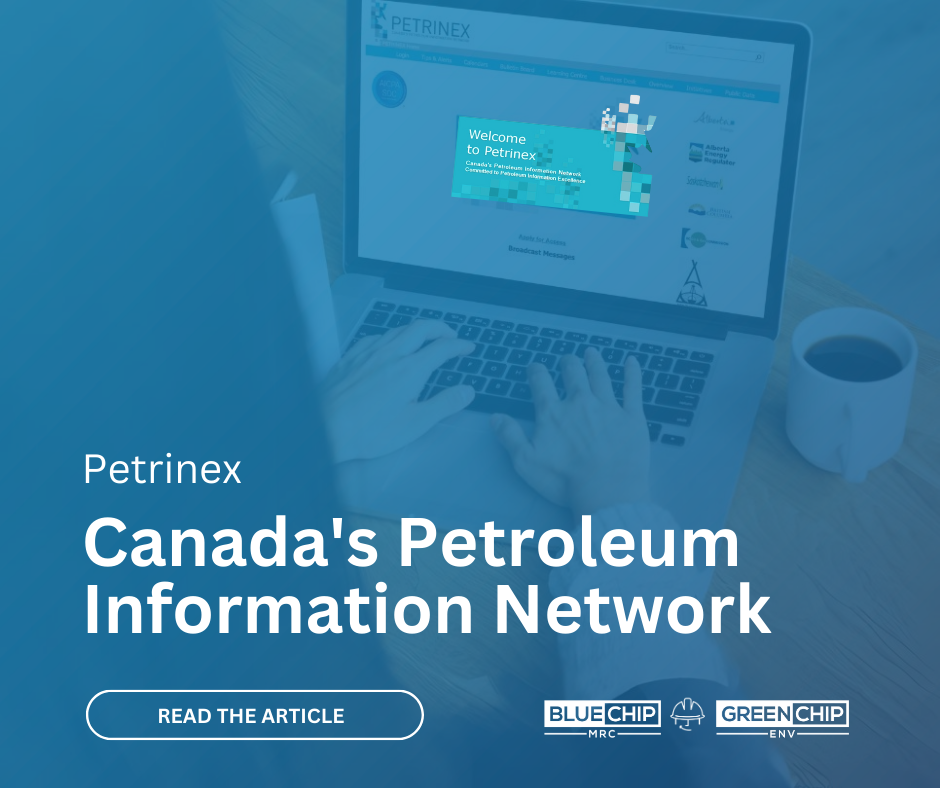The Enhanced Production Audit Program (EPAP) is a comprehensive framework designed to increase compliance with the measurement and regulatory framework outlined in Directive 017 in the oil and gas industry within Alberta and Saskatchewan. This paper aims to explore the key features and benefits of EPAP, highlighting what a robust EPAP framework will achieve.
The Concept of EPAP
EPAP is a program that encourages oil and gas producers to undergo audits of the operational controls embedded within their measurement processes. It focuses on evaluating and optimizing various aspects of operations with the intent to mitigate the risk of regulatory noncompliance events. By implementing EPAP, companies can proactively address concerns and improve their overall compliance internally.
Key Objectives of EPAP
The primary objectives of EPAP are to raise the level of assurance regarding operators’ compliance with AER measurement and reporting requirements and raise the level of compliance with AER measurement and reporting requirements.
Auditing Process
EPAP permits a flexible auditing process, so long as the overarching initiative of ensuring effective controls are in place to mitigate the risk of regulatory noncompliance events (NCEs). It matters not if controls are manual or automated, proactive or detective, conducted across an entire organization or at a facility level, or the frequency in which a control is executed, so long as the controls are effective in mitigating the risk of NCEs from occurring.
Benefits of EPAP Implementation
- Increased Knowledge: A robust program will increase the overall measurement and reporting requirements through an organization.
- Streamline processes: Many programs promote the formalization and documentation of respective measurement-related processes. Internally, this exercise provides visual documentation of how a process is executed, the steps along the way, and the owners of each step and associated controls. Carrying out this exercise quickly highlights redundant steps and gaps that can be addressed. Additionally, these maps provide visual aids of the cause-and-effect relationship should one stakeholder not complete their step in a process sequence. Similarly, these process maps can then be utilized for training purposes and in many cases expediting the training process.
- Collaboration: Measurement and reporting is one of the unique facets of the oil and gas industry that involves many stakeholders. The measurement and reporting practices associated with a SAGD facility are very different than those of a shallow gas battery in southwestern Saskchewan for example and as such, it is imperative that all stakeholders, engineering, operation, maintenance, production accounting, joint ventures, and others are all on the same page with the respective measurement methodologies that are being utilized.
- Risk Mitigation: There are a number of ways in which costs can be incurred and revenue can be missed in the oil and gas sector. Adequate controls will assist in mitigating these risks, let they be regulatory-driven or not. Such an example would be to ensure compression fees are being allocated to the correct parties, or that shrinkage losses for fuel, flare, and vent are being accounted for and not all absorbed by one or two producers.
- Compliance: Mitigating the risk of NCEs is the ultimate goal, but a well-thought-of program will simply have this as a result, not the driver.
The Enhanced Production Audit Program (EPAP) serves as a crucial tool for the oil and gas industry to enhance operational efficiency, minimize the impacts of NCEs, and demonstrate responsible production practices. By conducting comprehensive audits, companies can identify areas for improvement, optimize operations, and promote sustainability.
If you need help or direction to make sure your measurement and reporting practices are equitable and compliant, we can help you do it right. If you’re interested in learning more on this topic, with additional questions or discussions, please send me an email waynedunnington@bluechipmrc.com.
Know someone who might be interested in this ? Share it with them!
Until next time…




